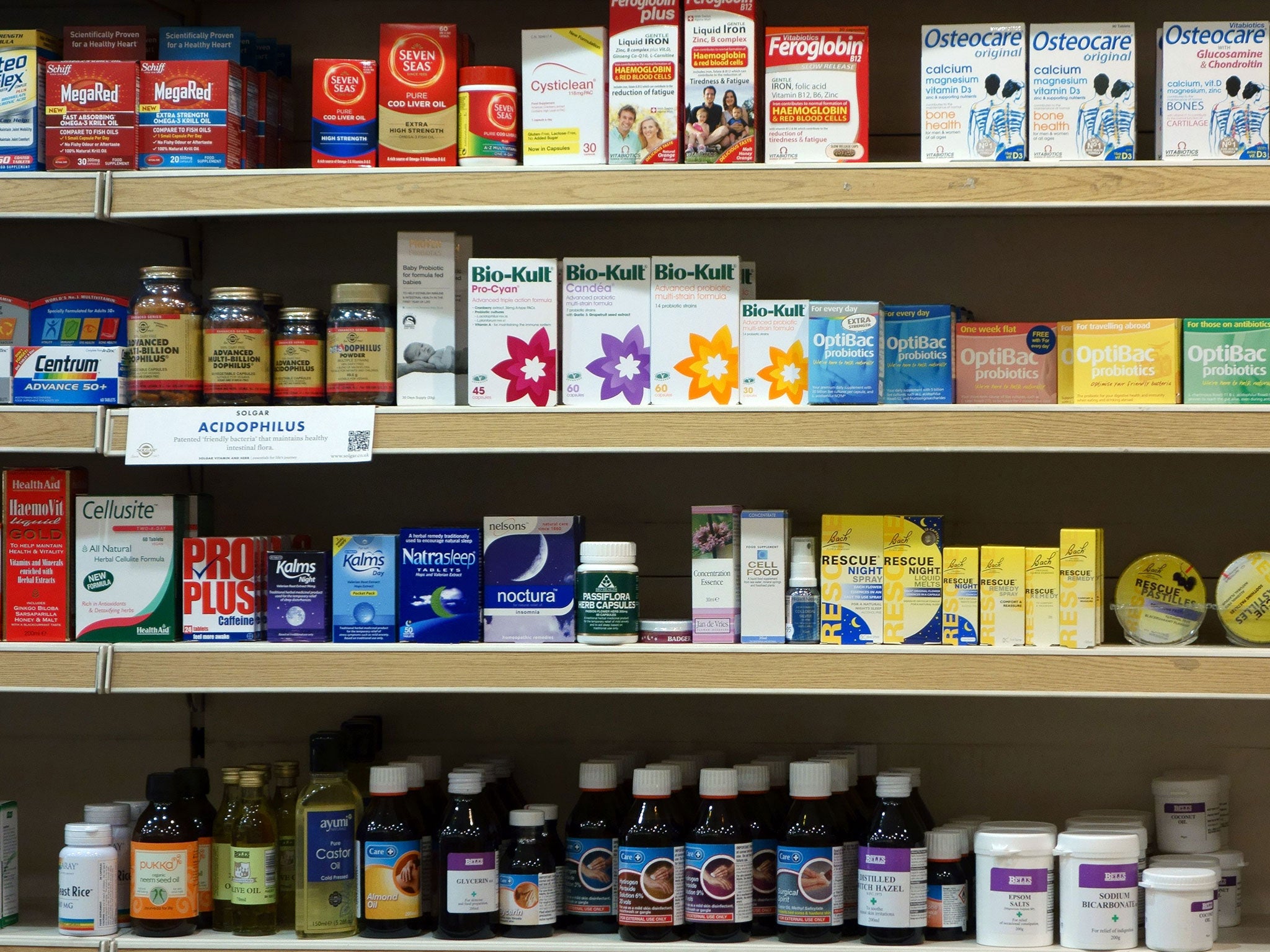Our stretched NHS should scrap out-of-date treatments

Not everything the NHS does is worth doing. Prescribing antibiotics for sore throats is one example. Pressed by anxious parents, GPs faced with a complaining child often find it simpler to reach for the prescription pad than explain that nine out of 10 sore throats are caused by viruses, not bacteria, will resolve naturally and antibiotics will not help. But that casual attempt to reassure with a pill costs the NHS around £10m a year.
It is money we cannot afford. And it is also bad for the patient – antibiotic resistance is growing worldwide and threatens to make common infections untreatable. The campaign announced by the Academy of Medical Royal Colleges to reduce the harm caused by too much medicine is therefore welcome.
It is not the first. The National Institute for Health and Care Excellence (Nice), best known for ruling which new drugs doctors can prescribe on the NHS, has been issuing advice on which outdated treatments doctors should no longer offer for a decade. There are more than 100 pages of guidance on its website.
To take one example, it recommends the first treatment to be offered for varicose veins should be endothermal ablation rather than surgery, the conventional approach. That change alone would save about £4.5m nationwide.
There are many other treatments – hysterectomies, tonsillectomies, surgery for glue ear – that are costly but of questionable value, or have been superseded by more modern approaches. England’s former Chief Medical Officer, Sir Liam Donaldson, first drew attention to the need for disinvestment from outdated practices as long ago as 2006.
What will worry patients is any suggestion that the changes are being driven by economic necessity rather than best practice. It is easy to understand the harm caused by too little medicine. There is an important public information exercise ahead to explain the harms of too much.
Join our commenting forum
Join thought-provoking conversations, follow other Independent readers and see their replies
Comments